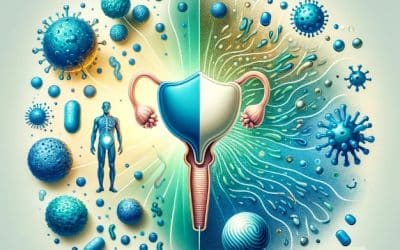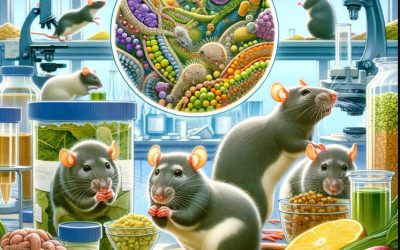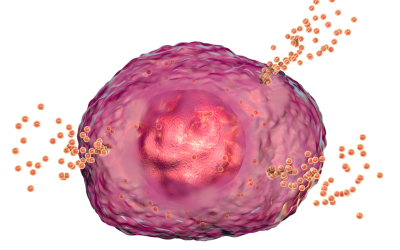I don’t recommend high consumptions of coconut oil and saturated fats such as often found in ketogenic diet and here is why. Both gram positive and gram negative bacteria are present in large quantities in the intestine. Gram negative bacteria, such as E. coli, might be one of the major sources for circulating endotoxin. “It has been estimated that a single cell of Escherichia coli contains approximately 106 Lipid A or endotoxin molecules and a typical human intestinal tract could harbor approximately one gram of endotoxin” (Mani, Hollis, & Gabler, 2013) The endotoxin is the gram negative bacterial outer cell wall also known as lipopolysaccharide (LPS). Even in small quantities, LPS has the potential to elicit and inflammatory response systemically. Endotoxins are thought to enter circulation through leaky intestinal epithelium in the context of leaky gut.
In recent years accumulating research has investigated the link between dietary fat and endogenous endotoxin in relation to metabolic inflammation. Current evidence suggests that dietary fat can increase circulating endotoxin concentrations. The resulting postprandial endotoxemia leads to low-grade systemic inflammation which has been implicated in the development of several metabolic diseases such as atherosclerosis, obesity, type 2 diabetes and Alzheimer’s disease (Mani et al., 2013). It has been theorized that different types of dietary oils can differentially alter intestinal endotoxin transport. According to a few studies I read, oils rich in DHA and EPA (fish oil, cod liver oil, algae oil) can attenuate LPS transport, while oils higher in saturated fats (coconut oil, palm oil, animal fats) can increase transport.
Interestingly, canola oil and sunflower oil, although containing a high unsaturated fatty acid content, augmented plasma endoxemia by 50-75%. A majority of these studies show that consuming high saturated fat diet for a longer period results in higher gram negative bacterial populations and high fiber diets results in gram positive bacterial populations. “Furthermore, even though the mechanism is not clear, high intake of fat has been shown to cause internalization of tight junction proteins and increase in the paracellular permeability to macro molecules including endotoxin” (Mani et al., 2013). Better to increase your consumption of polyunsaturated fats such as fish oil and monounsaturated fats such olive oil. This is another reason why I do not recommend long term ketogenic diets, particularly due to the high saturated fat intake.
Reference
Mani, V., Hollis, J. H., & Gabler, N. K. (2013). Dietary oil composition differentially modulates intestinal endotoxin transport and postprandial endotoxemia. Nutr Metab (Lond), 10(1), 6. doi:10.1186/1743-7075-10-6
Mani, V. (2012) Understanding intestinal lipopolysaccharide permeability and associated inflammation. Retreived (2018, July 18) from https://lib.dr.iastate.edu/etd/12788/








